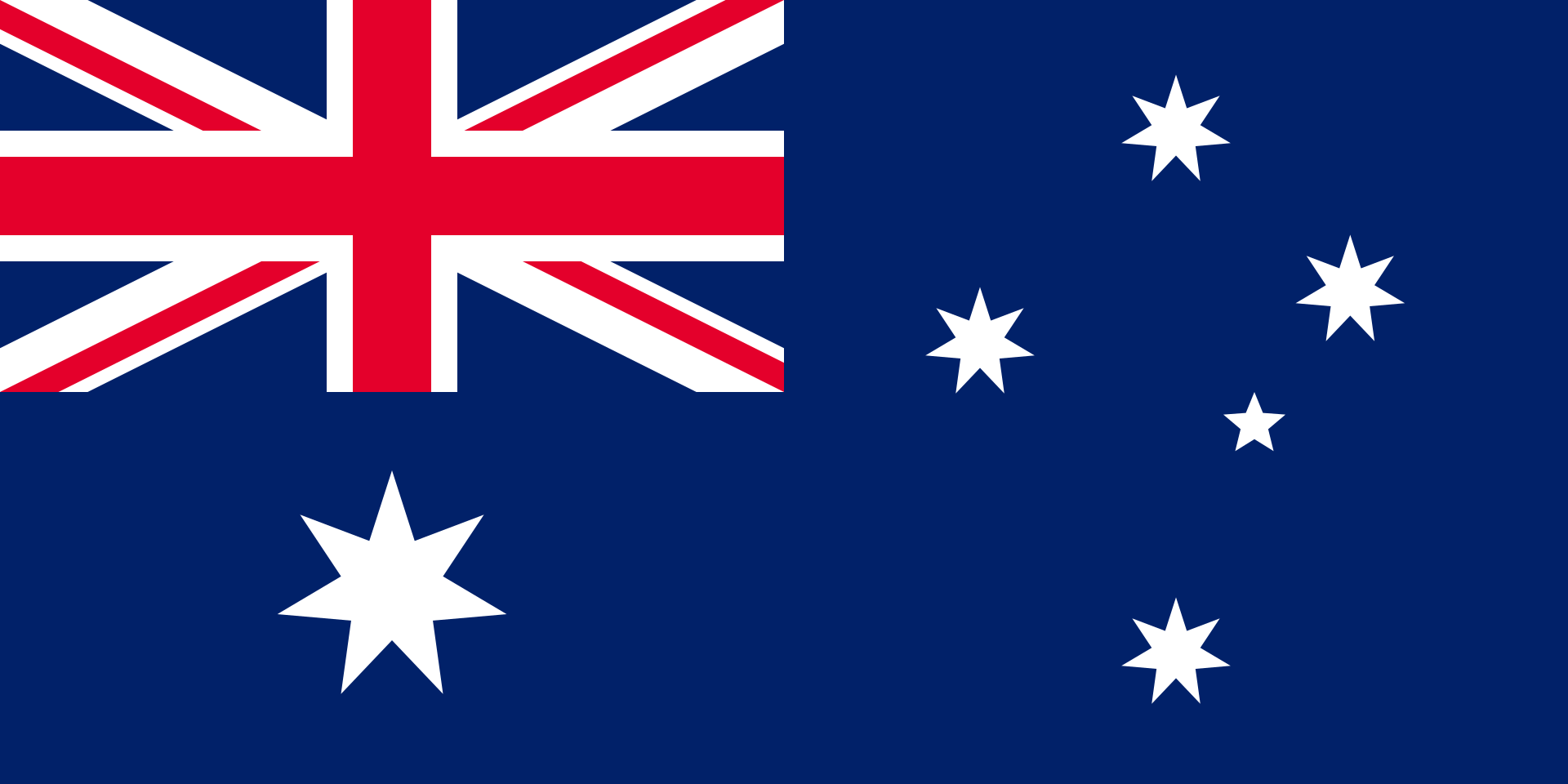Heard Island and the McDonald Islands

Capital city: N/A
Population: N/A
Land area: 368 km2
Official language: N/A
Legal system: Laws of the Australian Capital Territory
Time zone: GMT+5
Currency: N/A
GDP: N/A
Main industries: N/A
Principal exports: N/A
The Territory of Heard Island and McDonald Islands (HIMI) is a group of barren volcanic Antarctic Islands located in the Indian Ocean. It is almost juxtaposed in nature with a dormant volcano residing under sheets of glaciers surrounded by turbulent stormy waters. The overall size is 372km2 in area and it has 101.9 km of coastline. It has been an Australian external territory since 1947.
Demographics
Currently there is no population living on the HIMI. The islands and surrounding waters are so unique that certain kinds of scientific research can only be conducted here due to the location south of the Antarctic Convergence, the presence of arctic glaciers, rare and elaborate colonies of wildlife of high conservation, the complex flora and unhampered status of the environment and ecosystems. In 1991, an experiment for long distance transmission of low frequency sound through the ocean had been tested in Heard Island by the US Navy. The signals could even transmit all the way across to the US and Canada. In 2003 to 2004, an expedition was conducted by the Australian Antarctic Division. By spending two austral summer months on Heard Island, they were conducting biology and glaciology studies for example measuring glacier volumes and monitoring the impact of the Foehn winds concluding that glacier recession is occurring at an accelerated pace and can not be explained by any influx of geothermic activity. Scientific research on glacier conservation is a special focus of expeditions taking place in the territory.
History
HIMI had not been discovered until mid-1850s. On 25 November 1853, John Heard, an American sailor sighted Heard Island when he was travelling from Boston to Melbourne. 6 weeks later, McDonald Islands were discovered by William McDonald, thus these islands were named after these individuals. These islands were transferred from UK’s jurisdiction to Australia on 26 December 1947 and became a World Heritage Site in 1997.
Both Mawson Peak and McDonald Island own an active volcano, which are the only two active volcanoes in Australian territory. The highest Australian mountain (9006 ft) lying dormant for 75000 years, Mawson Peak has erupted several times in last decade and the most recent one occurred in 2016. For the volcano on McDonald Island, the most recent eruption was in 2005 which extended the area of McDonald Island by 2.45 sq. meters. There is no harbor or port in HIMI therefore ships and marine vessels need to park offshore.
Legal system and Government
The HIMI were originally claimed by the UK in 1910. After the commencement of the first Australian National Antarctic Research Expedition to Heard Island in December 1947, administrative control was transferred to the Australian government which was confirmed by exchanging letters in 1950 and a formal declaration at the Atlas Cove.
The Heard Island and McDonald Islands Act 1953 puts the territory under the laws of the Australian Capital Territory. Under the Australian Capital Territory Supreme Court Act 1933, the jurisdiction of this territory belongs to the laws of the ACT and the Supreme Court. The Governor General has the right to make ordinances, provided they are presented to each House of Parliament within fifteen days.
Economy
Although there is no indigenous economic activity, the Australian Government permits limited fishing in the surrounding waters. Visits to Heard Island typically focus on terrestrial and marine research and infrequent private expeditions. In October 2002, the Heard Island and McDonald Islands Marine Reserve was declared under the Commonwealth Environment Protection and Biodiversity Conservation Act 1999 (the EPBC Act). The Reserve includes the islands themselves, the surrounding territorial Sea and a marine protected area which extends in part to the outer boundary of the 200 nautical mile EEZ around the Territory. The Reserve comprises the world’s largest fully protected marine reserve, covering an area of 6.5 million hectares, or 65,000 square kilometers. These islands are claimed for research purpose only.
Sources
https://www.cia.gov/the-world-factbook/countries/heard-island-and-mcdonald-islands/
https://www.environment.gov.au/heritage/places/world/heard-mcdonald